Consortium
Sixteen partners from seven different countries
Universities, archives, museums and cultural institutions
We are a consortium of sixteen academic and non-academic partners including universities, archives, museums, and cultural institutions from seven different countries around Europe: France, Germany, Hungary, Italy, Netherlands, Poland and Switzerland. We will work for the next four years, where we will be able to share skills, knowledge and practices through the more than 200 secondments planned involving researchers specialising in history, art history, literature, languages and culture, regional studies, political science, digital humanities, archiving and film and visual studies, as well as research support staff, archivists and museum professionals.
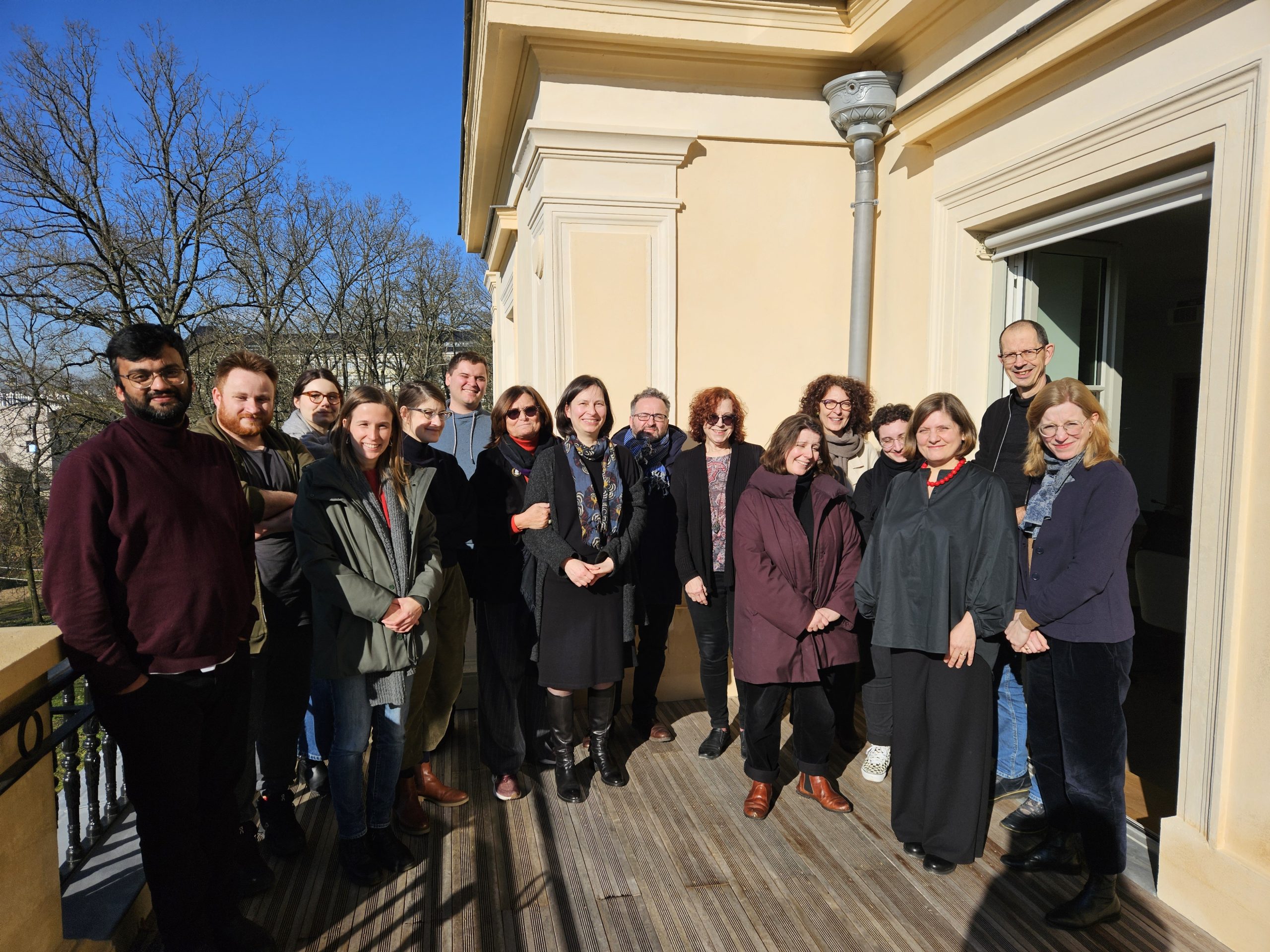
©UVSQ
The consortium develops and links together the two networks: the Metis European network of cultural history and the International Association of Labour History Institutions – IALHI. The Metis academic network has brought together, since 20215, three research laboratories that are behind the creation of ACTIVATE: the Center for Cultural History of Contemporary Societies in France (CHCSC, University of Versailles Saint-Quentin-en-Yvelines), the Centre for Historical Culture Studies in Switzerland (SHC, University of Lausanne) and the Interuniversity Centre for Cultural History in Italy (Centro Interuniversitario di Storia Culturale). The IALHI brings together, since 1970, archives, libraries, documentation centres, museums and research institutions specializing in the history and theory of the labour and social movements from all over the world.
Partner
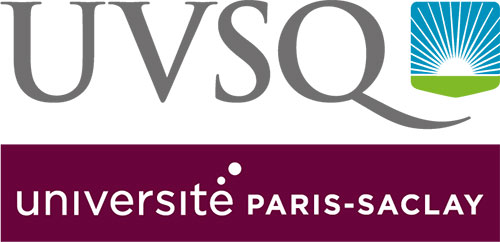
Université de Versailles Saint-Quentin-en-Yvelines
UVSQ, through the Institut d’Etudes Culturelles et Internationales (IECI) and the Centre d’histoire culturelle des sociétés contemporaines (CHCSC), is the lead partner of the project and it leads work packages n.1 Project management, n.2 Activating archives: a comparative transnational history, n.6 Communication, Dissemination, and Public Engagement and organises the kick off meeting and the final conference. Thanks to its Digital Laboratory in SHS (FabLab) offering technical support; ERs, ESRs (PhD, Post-doc); and its administrative team (DBIST UVSQ) it is engaged in managing, training (Master/PhD/post Doc History, Literature, Area Studies; Master Archives Management), communication and dissemination and research.
Università degli studi di Padova – Dipartimento di scienze storiche, geografiche e dell’antichità
DISSGEA, with the Department of Cultural Heritage (DBC) and the Interuniversity Centre of cultural history (CSC), coordinates the work package n.3 Material Culture in social and political mobilisation and it hosts the first workshop. Thanks to its expertise in digital history and the presence of Mobilab, Digital Laboratory for Mobility Research in the Humanities, it actively participates also in work package n.4 Alternative media and digital activism and it is involved in work package n.2 Activating archives: a comparative transnational history. It hosts secondments in its Centre for Advanced Studies in Mobility and the Humanities (MoHu).
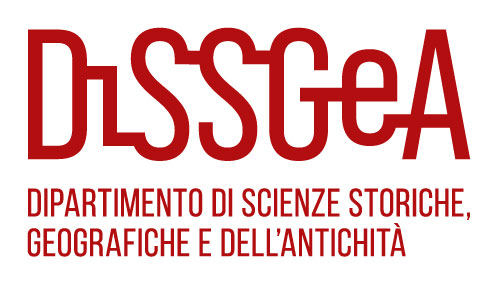
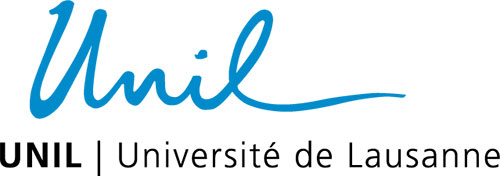
Université de Lausanne
UNIL leads the work package n.4 Alternative media and digital activism, hosts activities of the work package n.2 and it participates to the other work packages. The Faculty of Arts of UNIL is known for its strong culture of interdisciplinarity, exemplified by a large number of international projects on social movements from a historical, aesthetic, sociological and political perspective. The Centre des sciences historiques de la culture (SHC) brings together researchers in literature, film, art history and contemporary history and includes PhD students researching on media history, cultural transfers and heritage policies. Together with the University of Bern, the Faculty of Arts has set up a continuing education programme in archive management, librarianship and information science.
La Contemporaine
La Contemporaine hosts the kick-off meeting, the first seminar of the work package n.4 Alternative media and digital activism and the final exhibition. It’s part of the work package n.3 Material culture in social and political mobilisation. In addition to making its rich print, audiovisual, digital collections available to the consortium and to offer its experience in digital archiving and museography.

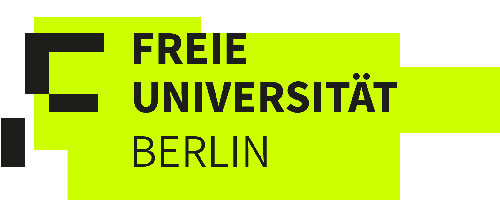
Freie Universität Berlin
FU Berlin is involved in the work package n.2 Activating archives: a comparative transnational history and it organises and hosts activities of the work package n.5 Training and transfer of knowledge. FU Berlin is developing many central research topics for the consortium, including the transnational history of social movements, the issue of memorial politics, public history and the history of migration.
Alma Mater Studiorum – Università degli studi di Bologna
UNIBO, with the Dipartimento di Storia Culture Civiltà (DISCI), leads the work package n.5 Training and transfer of knowledge. Based on its extensive national and international experience on the history of political activism in the 19th and 20th centuries, UNIBO participates at the activities of work package n.2 Activating archives: a comparative transnational history. Thanks to its wide expertise on museums history and practice and on cinema studies, it contributes to work package n.3 Material culture in social and political participation and n.4 Alternative media and digital axctivism.
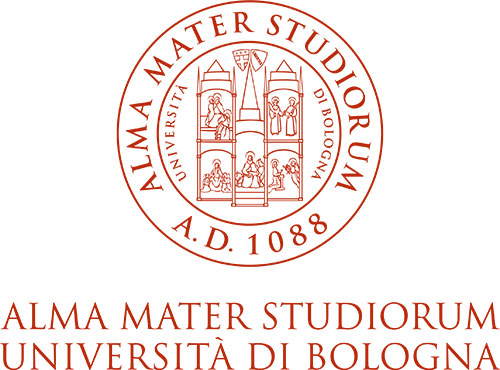

Fondazione Gramsci Emilia Romagna Onlus
Fondazione Gramsci Emilia Romagna Onlus is a research and education institute specialised in the preservation of archival heritage of the 20th century. Furthermore, based on its solid experience in education and training activities aimed at spreading knowledge and at promoting debates about contemporary history, political philosophy and current events, IGER hosts one of the summer school of the work package n.5 Taining and transfer of knowledge and it participates to the activities of work package n.2 Activating archives: a comparative transnational history and n.4 Alternative media and digital activism.
Friedrich Ebert Stiftung
FES co-leads work package n.3 Material culture in social and political mobilisation and hosts its summer school. As an archive specialised in the history of German social democracy from its birth to the present day, it is particularly committed to enhancing its material documentation.
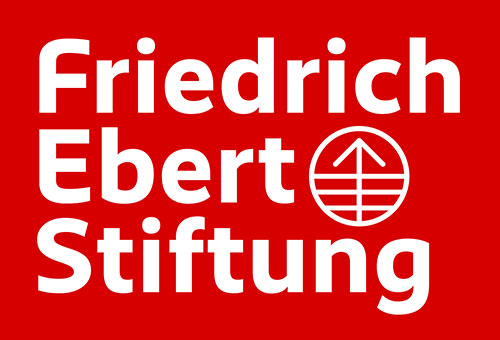
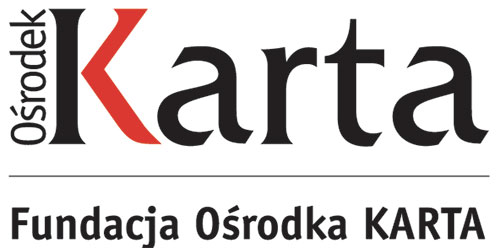
Fundacja Ośrodka KARTA
KARTA hosts the workshop on Public history of work package n.6 Communication, dissemination and public engagement and the final exhibition. It participates to the other work packages activities.
Central European University – Blinken OSA Archivum
OSA Archivum takes part in work package n.2 Activating archives: a comparative transnational history and co-leads the work package n.4 Alternative media and digital activism, it hosts the summer school of work package n.5 Training and transfer of knowledge. OSA is repository of important collections, primarily related to the history of the Cold War and serious international human rights violations and a laboratory of archival experiments on new ways of assessing, contextualising, presenting and making use of archival documents.
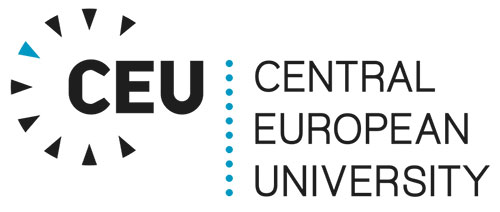
Fondazione Giangiacomo Feltrinelli
FGF created and manages the project website and it hosts the mid-term meeting. As its archive and library represent one of the most important holdings and documentation archives on social movements and political ideologies in Europe, FGF participates to work package n.2 Activating archives: a comparative transnational history and n.4 Alternative media and digital activism.
Centre audiovisuel Simone de Beauvoir
CaSdB, which history represents an example of the crossroads between activism and heritage, participates at work package n.4 Alternative media and digital activism and n.2 Activating archives: a comparative transnational and it contributes actively to the final conference.
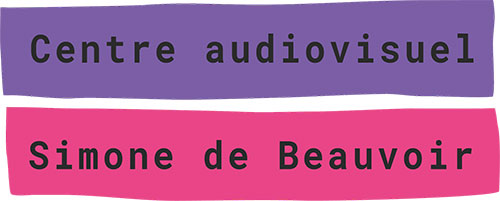

International Institute of Social History
The IISH, institute of Royal Netherlands Academy of Arts and Sciences institute, co-leads the workpackage n.2 Activating archives: a comparative transnational history. It participates with its european and international collections, its expertise in web archiving, in critically reflecting the challenging collaboration with activists. It has experience also through involvement in training.
Paris Musées
Musée Carnavalet, part of the Paris Musées public body, has a large documentary holding relating to 19th-century activism and revolutions. Besides making a relevant contribution to work package n.2 Activating archives: a comparative transnational history, it participates to the work package n.3 Material Culture in social and political mobilisation and it organises the workshop on the mobility of objects.
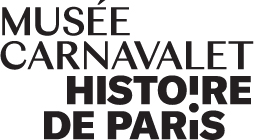

Cinémathèque Suisse
CS, the main national institution collecting and preserving most of the film and audiovisual production in Switzerland, co-organises one of the workshop of the work package n.4 Alternative media and digital activism sharing its scientific and its archival skills.
Schweizerisches Sozialarchiv
SozArch is Switzerland’s leading research infrastructure for social history, it has developed a long history of international collaboration in the preservation and promotion of social movement archives. It partcipates to work package n.2 Activating archives: a comparative transnational history, n.4 Alternative media and digital activism and n.5 Training and Transfer of knowledge.
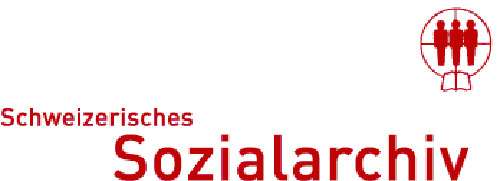
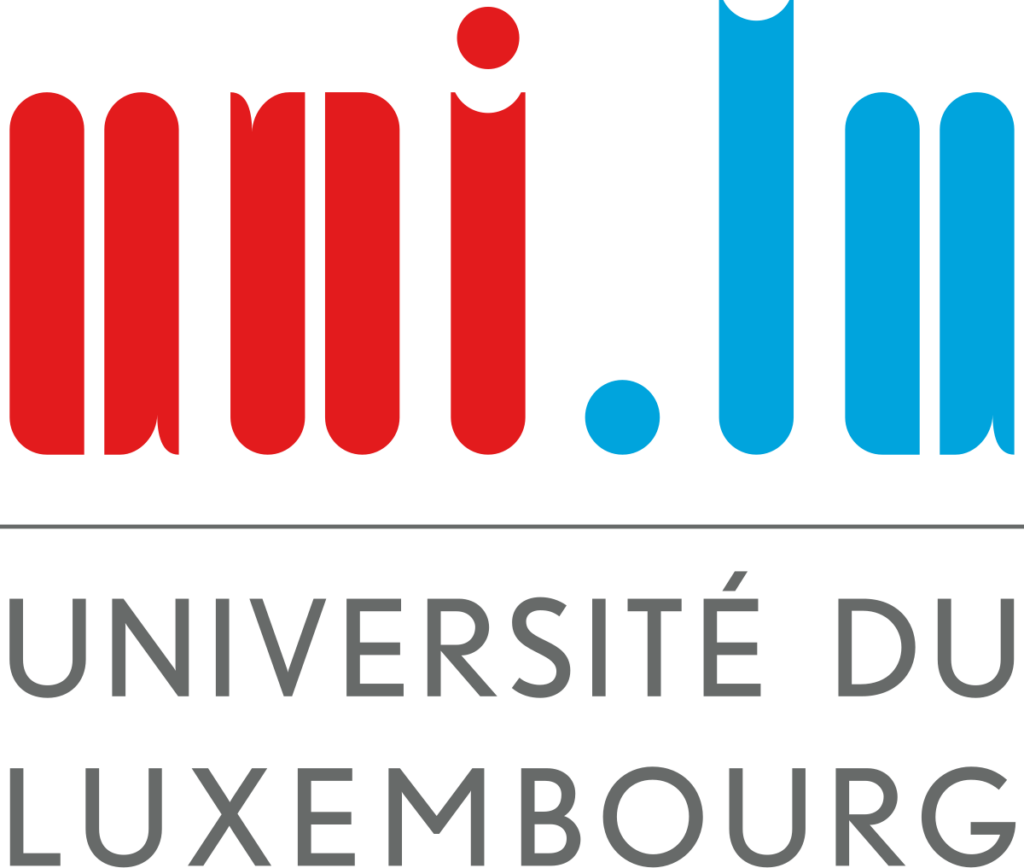
Université de Luxembourg
The University of Luxembourg and especially the Luxembourg Centre for Contemporary and Digital History (C²DH) will be involved in the workpackage 2 Activating archives and workpackage 4 Alternative media. The University of Luxembourg specializes in cultural and political history, digital humanities, media studies and public history. Within ACTIVATE, they will be involved in the podcasts and final conference.
Universität Wien
The University of Vienna will be involved in the workpackage 2 Activating archives, workpackage 3 on Material history and workpackage 4 on Alternative media. The University of Vienna specializes in literature and art history, gender studies, history of archives, history of science and knowledge.
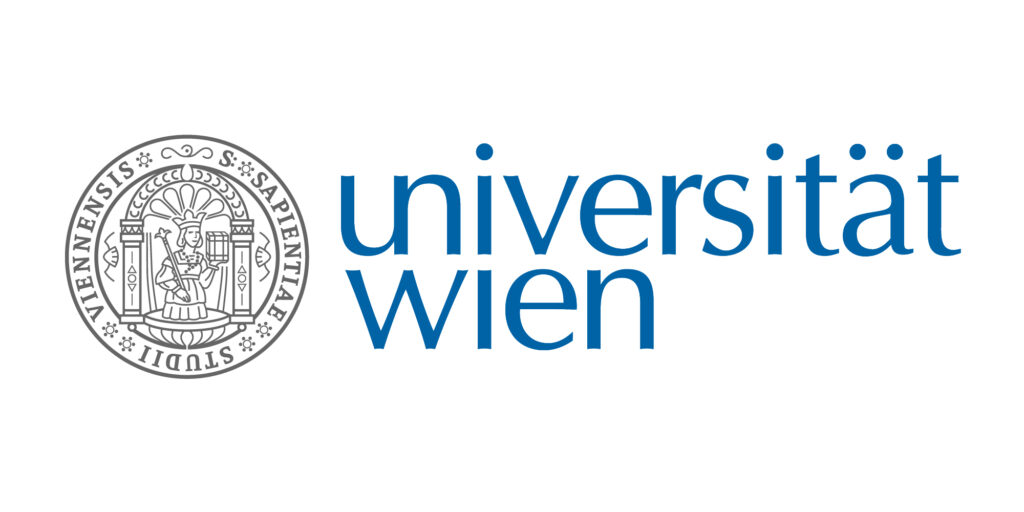
Activate newsletter